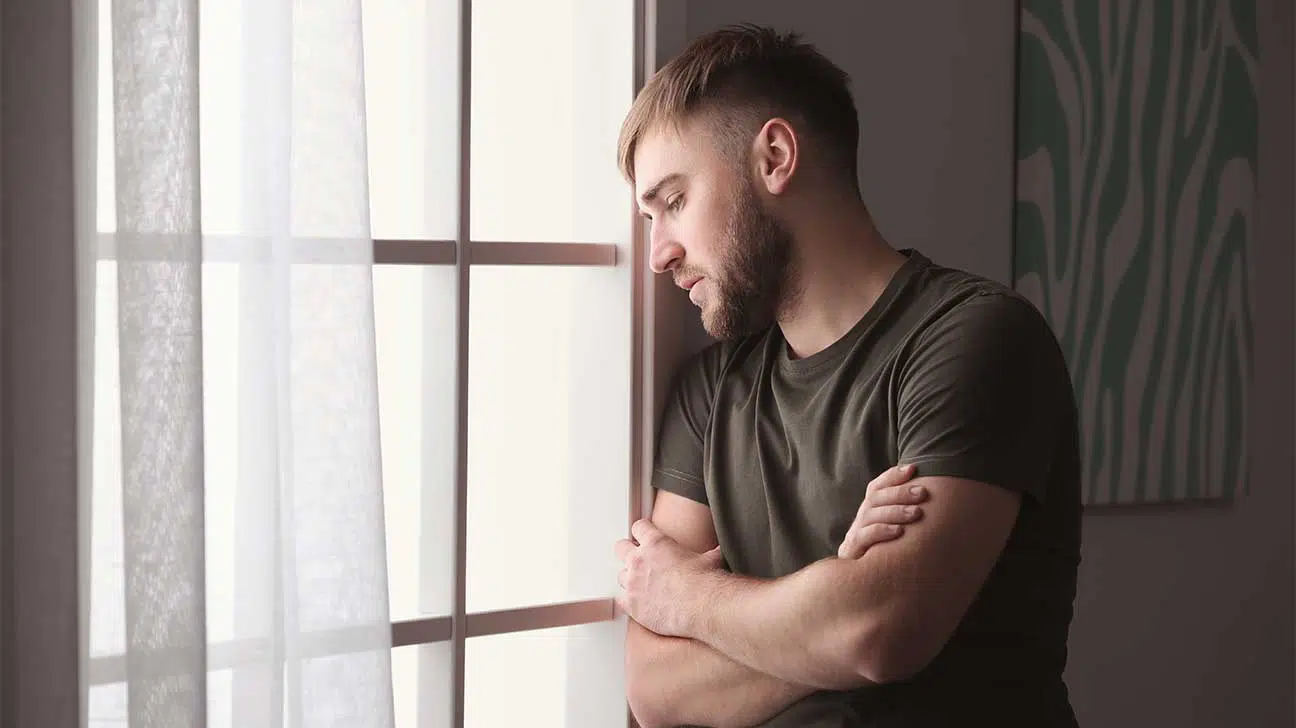
Benzodiazepines (“benzos”) work by enhancing activity of the brain chemical, GABA, which depresses the central nervous system and blocks the transmission of nerve signals.
What this can do:
- reduce anxiety
- decrease feelings of panic
- treat seizures and muscle spasms
- cause drowsiness or sedation
Benzodiazepine drugs belong to a class of drugs known as central nervous system (CNS) depressants. They can be classified as short-acting, intermediate-acting, or long-acting.
Some benzodiazepines work more quickly than others, and some can last longer. Combined with other depressants, they can have severe effects on breathing, blood pressure, and heart rate.
Learn more about benzodiazepine drugs
What Happens After Taking A Benzodiazepine?
Quick-acting benzodiazepines can take effect within 30 to 60 minutes when taken by mouth as prescribed.
The onset of effects is often much quicker when abusing benzodiazepines by crushing and snorting, injecting, or smoking.
After taking a benzodiazepine, a person may experience:
- drowsiness
- headache
- relaxation
- nausea
- fatigue
- dizziness
- constipation
- impaired coordination
Benzodiazepines can slow down a person’s reflexes, heart rate, and breathing by reducing overactivity in the nervous system.
What Are The Risks Of How Benzodiazepines Work?
Benzodiazepines like alprazolam (Xanax) and diazepam (Valium), some of the most commonly prescribed, can be habit-forming and result in high tolerance and dependence with chronic use.
This is due to how the body reacts to drugs’ effects on the brain, and consequently, how that can reinforce continued drug use. They can also be mixed with other drugs to cause euphoria.
Primary risks of benzodiazepines include:
- drug abuse
- drug dependence
- addiction
- polysubstance abuse
- cognitive impairment
- memory problems
- increased risk of falls and injury
- respiratory depression (when mixed with other depressants)
- drug overdose
Chronic benzodiazepine misuse and addiction can result in serious effects on a person’s daily functioning and mental health. Mixing them with other drugs can also be dangerous.
Finding Treatment For Benzodiazepine Abuse And Addiction
Benzodiazepine drugs can be misused and become addictive over time, which can affect everything from a person’s health, to their general livelihood and well-being.
Overcoming benzodiazepine addiction is possible. Addiction can be treated through combined medical and behavioral health treatment services, including detox and behavioral therapy.
Call our helpline today for more information about addiction treatment and to find a treatment program for benzodiazepine abuse that’s right for you or a loved one.
Addiction Resource aims to provide only the most current, accurate information in regards to addiction and addiction treatment, which means we only reference the most credible sources available.
These include peer-reviewed journals, government entities and academic institutions, and leaders in addiction healthcare and advocacy. Learn more about how we safeguard our content by viewing our editorial policy.
- American Family Physician — Addiction Part I. Benzodiazepines Side Effects, Abuse Risk and Alternatives
https://www.aafp.org/afp/2000/0401/p2121.html - Substance Abuse and Mental Health Services Administration (SAMHSA) — Benzodiazepines in Combination with Opioid Pain Relievers or Alcohol: Greater Risk of More Serious ED Visit Outcomes
https://www.samhsa.gov/data/report/benzodiazepines-combination-opioid-pain-relievers-or-alcohol-greater-risk-more-serious-ed - U.S. National Institute on Drug Abuse (NIDA) — Commonly Used Drug Charts
https://www.drugabuse.gov/drug-topics/commonly-used-drugs-charts - U.S. National Library of Medicine: MedlinePlus — Diazepam
https://medlineplus.gov/druginfo/meds/a682047.html - U.S. National Library of Medicine: NCBI Bookshelf — GABA Receptor StatPearls
https://www.ncbi.nlm.nih.gov/books/NBK513311/


